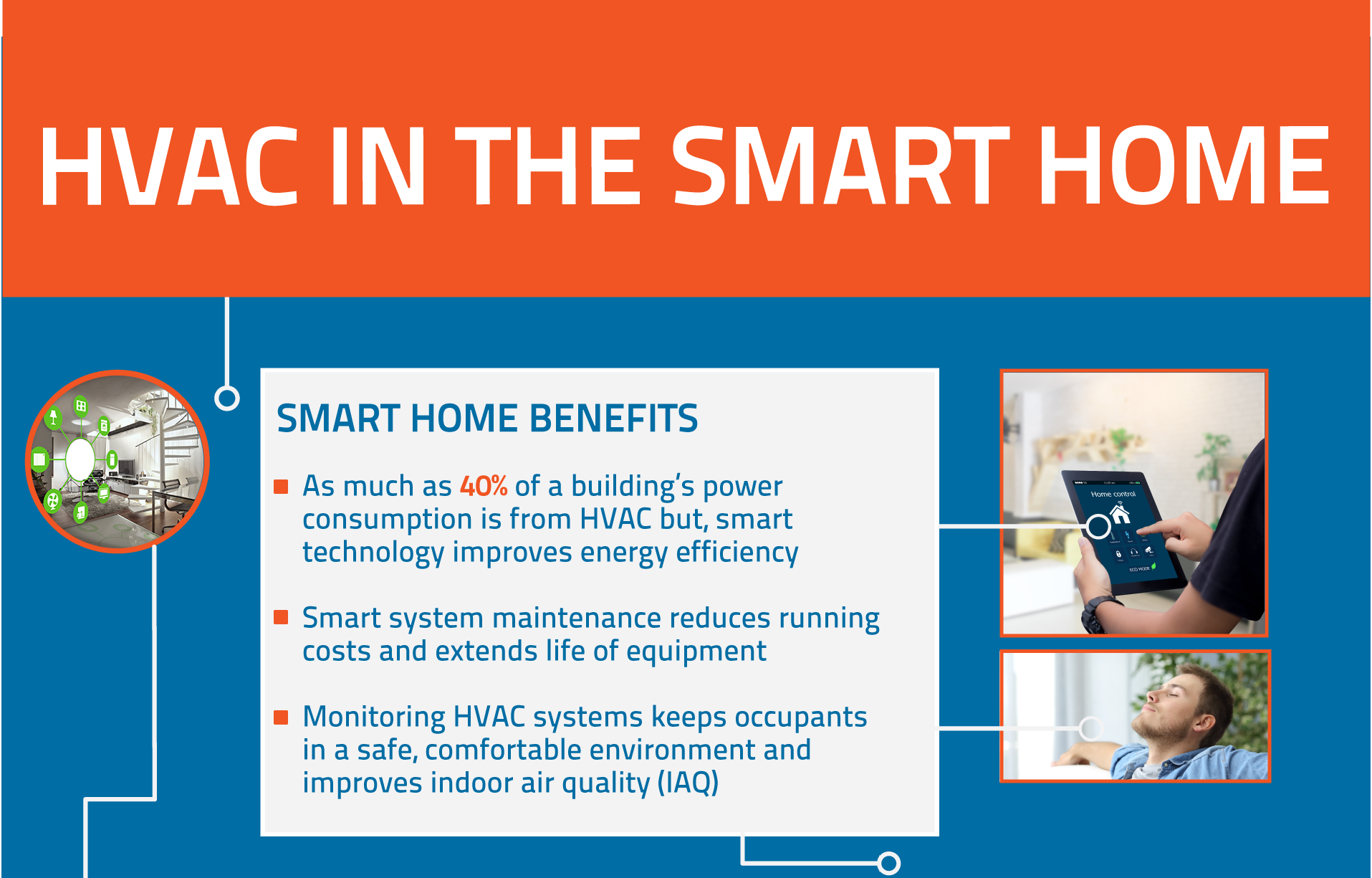The Future Of Home Home Heating - Just How Heat Pump Innovation Is Progressing
The Future Of Home Home Heating - Just How Heat Pump Innovation Is Progressing
Blog Article
Content Writer-Fraser Kaae
Heatpump will be an important innovation for decarbonising heating. In a circumstance consistent with federal governments' announced power and climate commitments, their worldwide capability doubles by 2030, while their share in heating rises to one-quarter.
They function best in well-insulated homes and rely on electrical energy, which can be provided from a renewable power grid. Technological advancements are making them extra efficient, smarter and more affordable.
Gas Cells
Heatpump make use of a compressor, cooling agent, coils and followers to move the air and heat in homes and appliances. They can be powered by solar power or power from the grid. They have been gaining popularity because of their inexpensive, silent procedure and the capacity to produce electrical energy during peak power demand.
Some firms, like IdaTech and BG MicroGen, are servicing fuel cells for home heating. https://www.nbcnews.com/select/shopping/best-ac-units-air-conditioners-ncna1227736 can change a gas central heating boiler and create a few of a house's electric needs with a connection to the electricity grid for the rest.
Yet there are reasons to be hesitant of using hydrogen for home heating, Rosenow says. It would certainly be pricey and inefficient contrasted to various other innovations, and it would certainly include in carbon discharges.
Smart and Connected Technologies
Smart home modern technology allows home owners to link and manage their tools from another location with making use of mobile phone apps. As an example, smart thermostats can discover your heating preferences and instantly adjust to enhance power consumption. Smart lighting systems can be controlled with voice commands and instantly turn off lights when you leave the space, minimizing power waste. And clever plugs can monitor and manage your electrical use, permitting you to recognize and limit energy-hungry appliances.
The tech-savvy home shown in Carina's meeting is a good picture of exactly how occupants reconfigure area heating practices in the light of new smart home technologies. They rely on the devices' automated attributes to accomplish day-to-day changes and concern them as a convenient means of conducting their heating practices. As such, they see no factor to adjust their practices better in order to make it possible for adaptability in their home power demand, and interventions focusing on doing so might deal with resistance from these households.
Electrical energy
Considering that heating homes represent 13% people discharges, a switch to cleaner choices can make a large distinction. Yet the innovation deals with challenges: It's pricey and requires considerable home renovations. And it's not constantly suitable with renewable energy sources, such as solar and wind.
Till recently, electrical heatpump were too costly to compete with gas models in a lot of markets. However new developments in style and materials are making them much more affordable. And far better cool climate performance is enabling them to operate well also in subzero temperature levels.
The following action in decarbonising home heating might be using warmth networks, which attract warmth from a main resource, such as a neighboring river or sea inlet, and disperse it to a network of homes or buildings. That would minimize carbon emissions and allow homes to take advantage of renewable resource, such as environment-friendly power from a grid supplied by renewables. This alternative would certainly be much less pricey than switching to hydrogen, a nonrenewable fuel source that requires brand-new facilities and would just minimize CO2 discharges by 5 percent if coupled with enhanced home insulation.
Renewable resource
As electricity prices go down, we're starting to see the very same trend in home heating that has actually driven electric automobiles into the mainstream-- but at an even faster pace. The strong environment instance for electrifying homes has been pressed even more by new study.
Renewables account for a substantial share of modern-day warmth intake, however have been offered minimal plan interest around the world compared to other end-use sectors-- and also much less interest than electrical energy has. Partially, this shows a mix of consumer inertia, divided incentives and, in many countries, aids for nonrenewable fuel sources.
New modern technologies can make the change easier. As an example, heatpump can be made extra power effective by replacing old R-22 cooling agents with new ones that don't have the high GWPs of their predecessors. Some experts also imagine district systems that draw heat from a neighboring river or sea inlet, like a Norwegian arm. The cozy water can then be utilized for heating & cooling in a community.